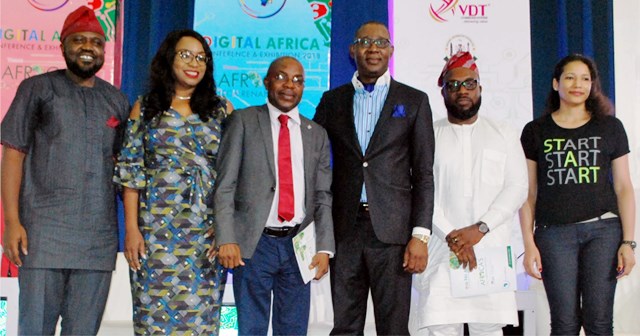Business
‘Nigeria Lost $21bn To Non-Review Of Production Sharing Contracts’

The Revenue Mobilisation, Allocation and Fiscal Commission (RMAFC), says the nation lost about 21 billion dollars in revenue in the last 20 years to non review of Production Sharing Contracts (PSCs).
Acting Chairman of RMAFC, Shettima Abba-Gana, said this in a statement issued by Mr Ibrahim Mohammed, Spokesperson for the commission yesterday in Abuja.
Abba-Gana commended the Federal Government on the approval given by President Muhammadu Buhari to the Nigerian National Petroleum Corporation (NNPC) to enable it undertake a review of all PSCs between it and its various partners to reflect the current realities in the industry.
Abba-Gana described the move as a welcome development. “As the commission that has the constitutional responsibility of monitoring revenue accruals into and disbursement of revenue from the Federation Account, we have been consistently calling for the review of these contracts for the past seven years.
“These contracts had not been reviewed nine years after both conditions stipulated in the relevant provision of the Act have lapsed.’’
The statement recalled that the commission had earlier supported the proposed review of the PSCs approved by the Federal Executive Council (FEC) at its meeting held on December 13, 2017. It would be recalled that Dr Ibe Kachikwu, Minister of State for Petroleum Resources, recently announced that the government had approved steps to amend Section 17 of the Deep Offshore and Inland basin Production Sharing Contracts Act, 1999.
“It specifically provides that the 1993 PSCs should be reviewed once the price of crude oil exceeds 20 dollars per barrel or 15 years after the contracts, which is 2008.
“To this end, the commission advised that government should take appropriate steps to ensure the review of these agreements with due diligence.’’
According to Abba-Gana, in April 2016, the commission drew the attention of government to the fact that three main contract types namely Joint Venture, Production Sharing and Service Contracts are in use in the Nigerian Oil and Gas Industry.
“Having carefully examined the fiscal terms of each contract and the associated revenue inflow into the federation account therefore, the commission lamented that the PSCs as represented by the 1993 PSCs’ which should have been renegotiated as far back as 2008 has yet to be done,” has said.
Business
Fidelity Bank To Empower Women With Sustainable Entrepreneurship Skills, HAP2.0
Business
President Tinubu Approves Extension Ban On Raw Shea Nut Export
Business
Crisis Response: EU-project Delivers New Vet. Clinic To Katsina Govt.
-

 Education4 days ago
Education4 days agoElga boss tasks law students on academics strides
-

 News1 day ago
News1 day agoAmend Constitution To Accommodate State Police, Tinubu Tells Senators
-

 Politics1 day ago
Politics1 day agoSenate Urges Tinubu To Sack CAC Boss
-
Business1 day ago
President Tinubu Extends Raw Shea Nuts Export Ban To 2027
-

 News1 day ago
News1 day agoDisu Takes Over As New IGP …Declares Total War On Corruption, Impunity
-
Business1 day ago
Crisis Response: EU-project Delivers New Vet. Clinic To Katsina Govt.
-

 Business1 day ago
Business1 day agoPENGASSAN Rejects Presidential EO On Oil, Gas Revenue Remittance … Seeks PIA Review
-
Business1 day ago
FG Pushes Cassava Bioethanol Drive To Boost Industrial Growth

